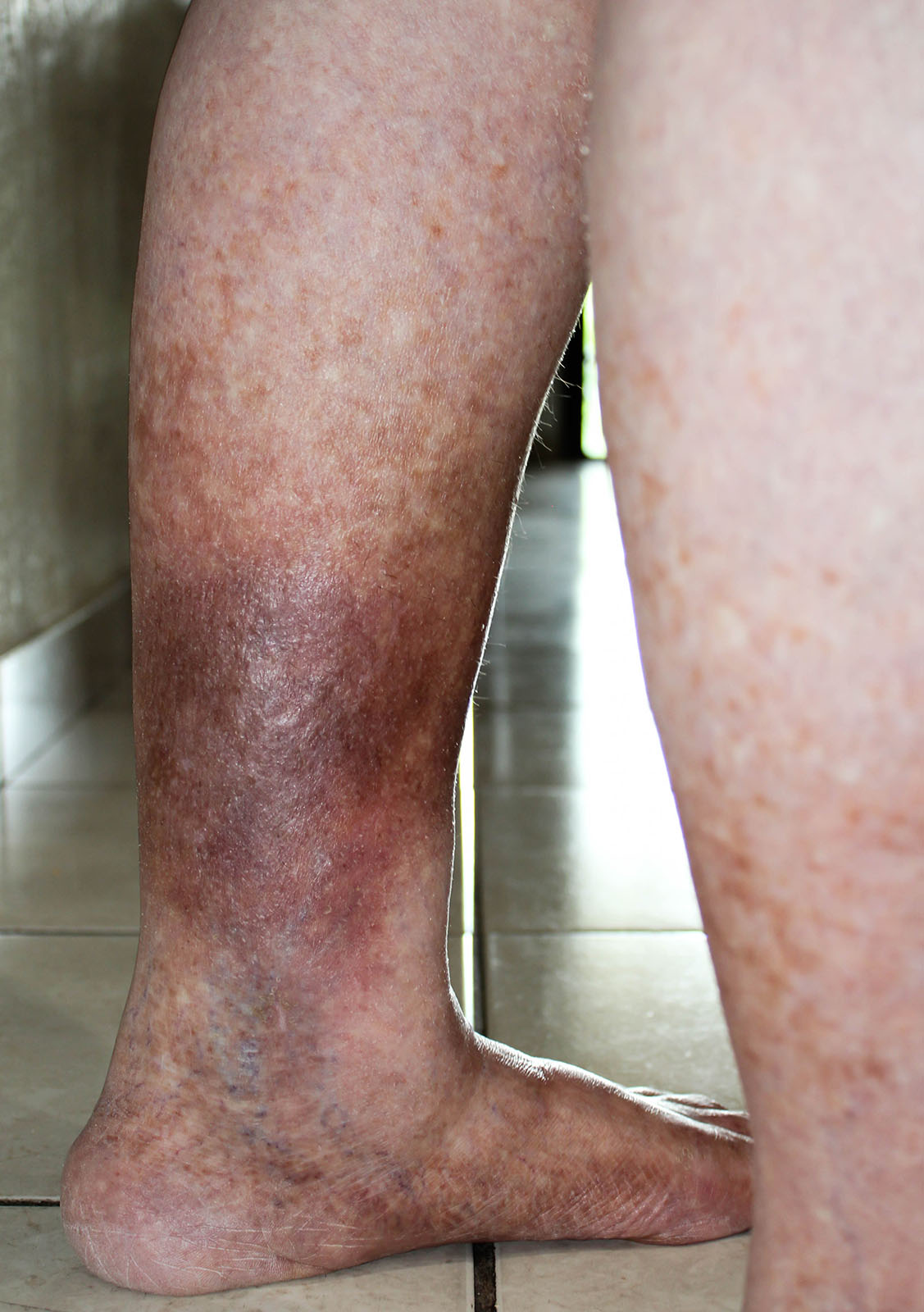What is Venous Insufficiency?
Venous insufficiency is a medical condition that affects the function of your veins, particularly in the legs. It occurs when the valves within your veins, responsible for ensuring blood flow in one direction, become weakened or damaged. This malfunction of the valves results in blood pooling in the veins rather than returning to the heart efficiently. Key aspects of venous insufficiency include:
- Valve Dysfunction: When the valves in your leg veins don’t close properly, they allow blood to flow backward and pool in the veins, causing increased pressure.
- Blood Pooling: The increased pressure within the veins leads to blood pooling in the lower extremities, resulting in a range of symptoms.
- Symptoms: Venous insufficiency is associated with various symptoms, including leg pain, swelling, skin changes, and, in severe cases, venous ulcers.
Causes of Venous Insufficiency
Venous insufficiency can have a variety of causes, and understanding the underlying factors is crucial to effective treatment. Common causes and risk factors include:
- Age: The natural aging process can lead to wear and tear on the veins, affecting their valve function.
- Family History: A genetic predisposition to venous insufficiency can increase the likelihood of developing the condition.
- Prolonged Standing or Sitting: Occupations or lifestyles that involve long periods of sitting or standing can contribute to venous insufficiency.
- Obesity: Excess weight puts increased pressure on the veins, potentially leading to valve damage and insufficiency.
- Pregnancy: Hormonal changes and increased pressure on the pelvic veins during pregnancy can lead to venous insufficiency.
- Previous Deep Vein Thrombosis (DVT): A history of deep vein thrombosis can damage the vein walls and valves, increasing the risk of venous insufficiency.
Treating Venous Insufficiency
Fortunately, there are several effective treatment options available to manage and alleviate the symptoms of venous insufficiency. Our Vein Therapy Center is committed to providing tailored treatment plans to address your unique needs. Here are some of the treatment options we offer:
- Compression Therapy: Graduated compression stockings or garments are often prescribed to improve blood flow in the legs, reduce swelling, and provide relief from symptoms.
- Endovenous Laser Ablation (EVLA): EVLA is a minimally invasive procedure that uses laser energy to close off problematic veins, redirecting blood flow to healthier veins and alleviating symptoms.
- Radiofrequency Ablation (RFA): RFA is another minimally invasive technique that employs radiofrequency energy to seal off damaged veins
- Sclerotherapy: This treatment involves injecting a specialized solution into the affected veins to close them off and reroute blood flow, reducing the appearance of varicose veins and related symptoms.
- Lifestyle Modifications: Our medical team can provide guidance on lifestyle changes, such as regular exercise, weight management, and elevating your legs when resting.
- Medications: In some cases, medication may be prescribed to relieve symptoms or reduce inflammation associated with venous insufficiency.
- Surgical Intervention: For severe cases, surgical procedures may be necessary to remove or repair damaged veins. Our team will discuss this option with you if it is deemed appropriate.
Venous insufficiency can impact your daily life, causing discomfort and hindering your mobility. At our Vein Therapy Center, we offer a range of advanced treatments to help you manage and alleviate the symptoms of this condition. Contact us today to schedule a consultation and take the first step toward improved vein health and enhanced well-being.

